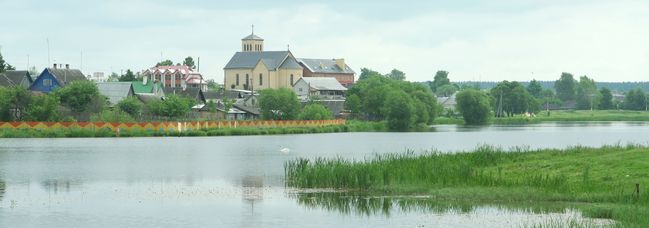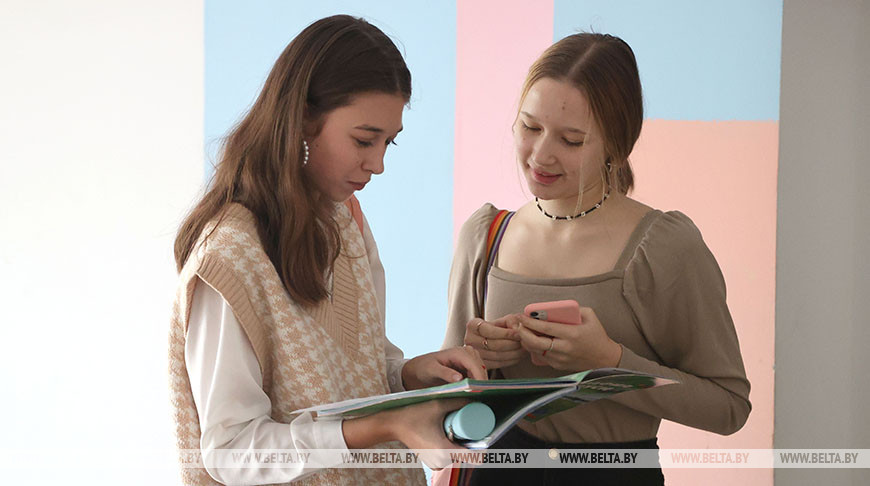
Dokshitsy Regional Executive Committee
Address: 31 Leninskaya Street,
Dokshytsy 211722
Phone:
8 (02157) 3-25-10 from 8.00 to 17.00
Fax:
8 (02157) 3-25-11
E-mail:
rikdok@vitebsk.by











Address: 31 Leninskaya Street,
Dokshytsy 211722
Phone:
8 (02157) 3-25-10 from 8.00 to 17.00
Fax:
8 (02157) 3-25-11
E-mail:
rikdok@vitebsk.by











The adoption of the recently updated Education Code is only a major step towards improving the educational sector, Belarusian President Aleksandr Lukashenko said as he appointed Andrei Ivanets Education Minister of Belarus on 10 February, BelTA has learned.
“We have adopted the Education Code. I want you to understand that this is just another big step in an attempt to improve the education system. This is by no means the end of the process. Yes, we need to implement the document. We also need to see and consider what we can do for education tomorrow. Your main task is to look ahead,” said the head of state.
As BelTA has learned, Belarusian President Aleksandr Lukashenko signed a law to approve the new edition of the Education Code in January. The law establishes the foundations of state policy in education and formalizes the provisions aimed at improving the efficiency, quality and accessibility of education, taking into account the trends in the development of modern education and the practice of applying the current code.
In particular, the new edition provides for universal general secondary education (currently basic general education) and final certification in certain academic subjects upon completion of general secondary education in the form of centralized testing. The procedure shall be approved by the Education Ministry.
The document expands the use of employer-sponsored training programs. Not only organizations located in small settlements and Chernobyl-contaminated areas will be able to use them but also organizations located in other settlements. Colleges shall provide vocational and secondary specialized education, and universities, academies and institutes shall offer higher education.
The new edition of the Education Code formalizes distance learning as an independent form of education, establishes the possibility of implementing educational programs through a web-based form of interaction between educational institutions.
The document introduces special higher education for certain technical and medical specialties and a new type of additional education: for gifted children and youth at the National Children's Technopark.
The law includes other norms, including those clarifying and redistributing the powers of state bodies involved in education management.
Written by: belta.by